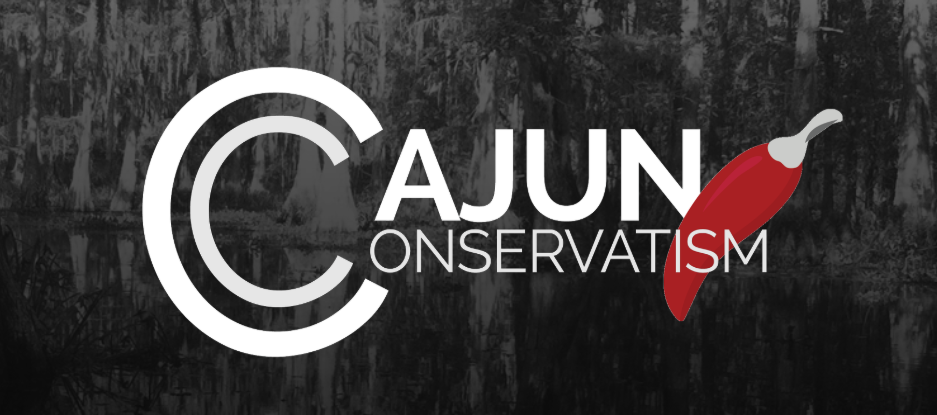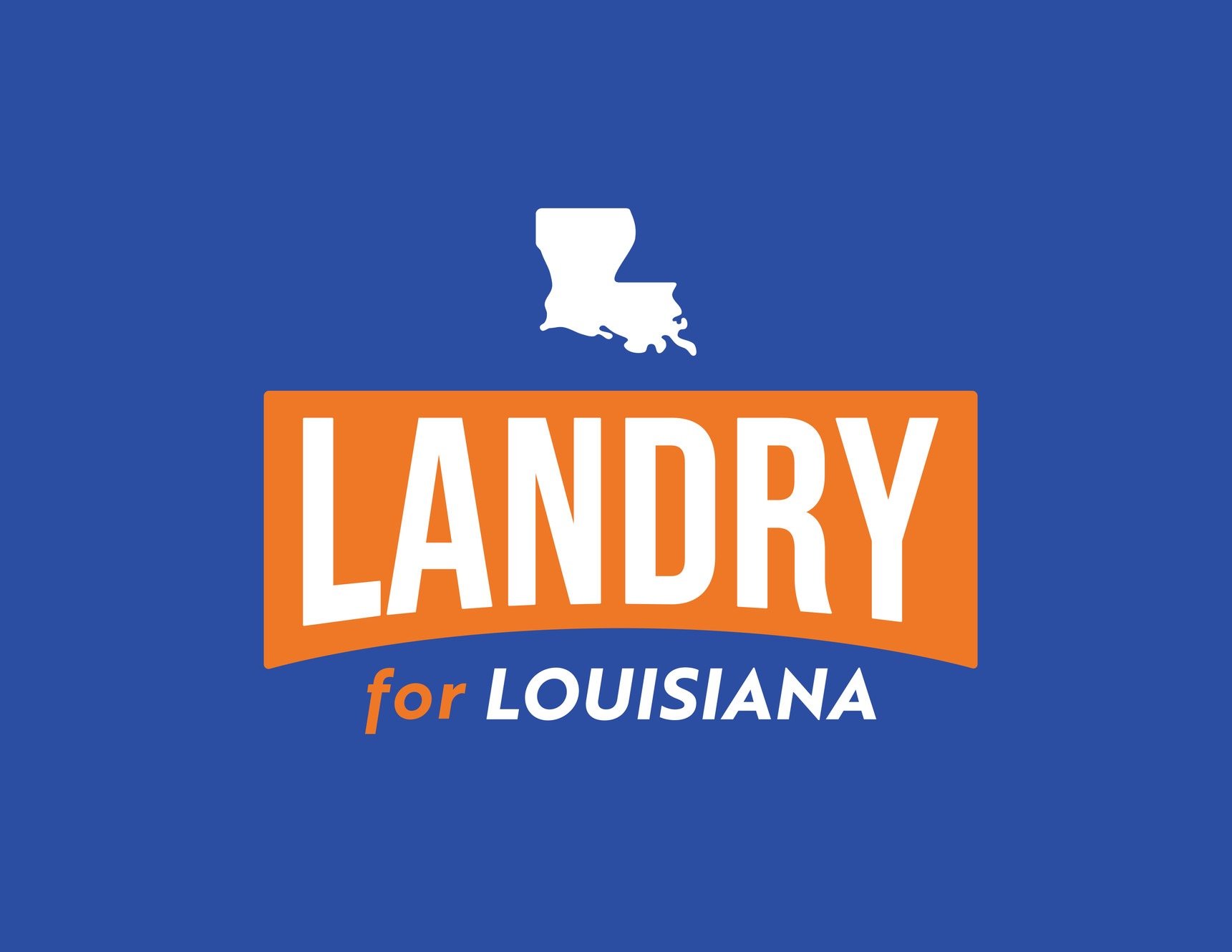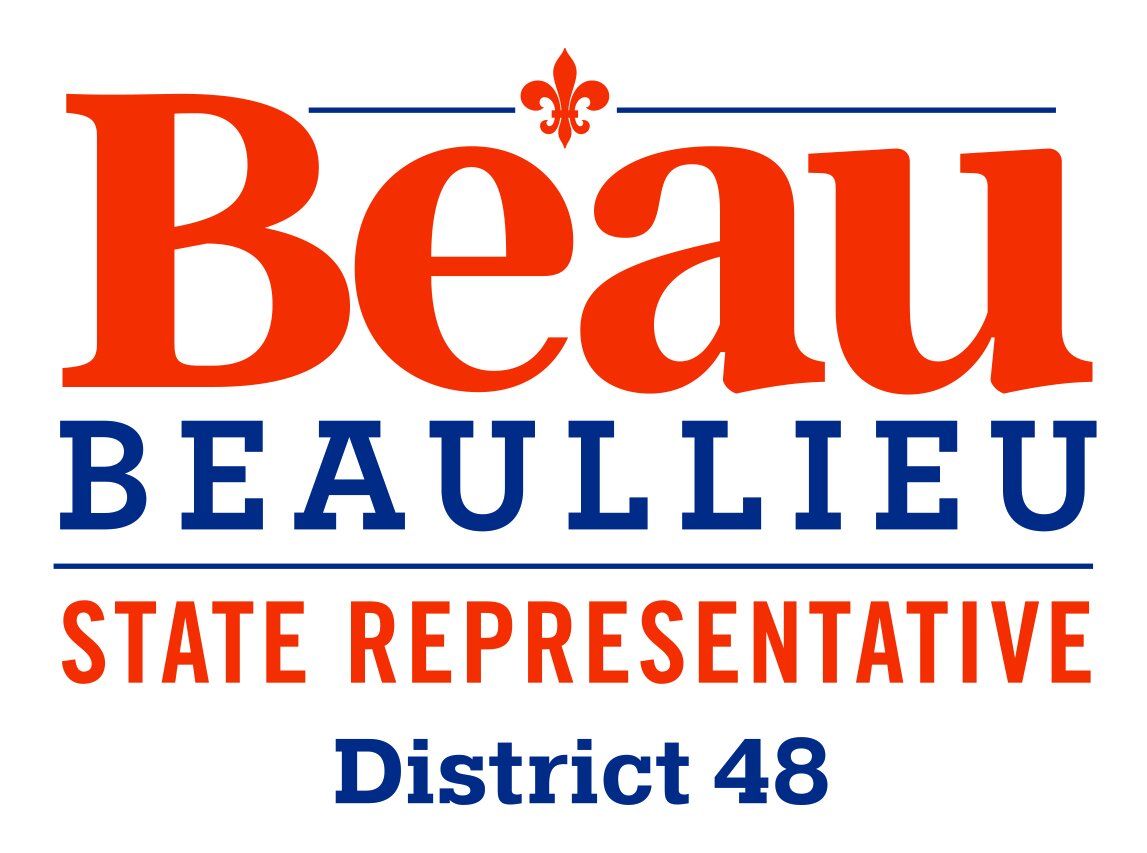As a nurse, I see firsthand how fragile access to care can be when Washington gets drug policy wrong. Patients often assume that “price controls” will make medicine more affordable, but experience shows the opposite.
The proposed Most Favored Nation (MFN) model would tie U.S. drug prices to those set by foreign governments with socialized health systems. That might sound good on paper, but in practice it means fewer treatment options, delayed access to new therapies, and more red tape for doctors and pharmacists trying to help their patients. The countries we’d be copying routinely make patients wait months or even years for new medicines that are available here in America.
If the goal is to lower out-of-pocket costs, there’s a better path: PBM reform. Pharmacy Benefit Managers are the middlemen who decide what drugs are covered and how much patients pay. They’ve quietly become one of the biggest cost drivers in our health-care system—negotiating rebates with drugmakers, pocketing the savings, and leaving patients stuck with higher prices at the counter.
Instead of importing Europe’s price caps, Congress should focus on transparency and fairness in the PBM system—so patients, not middlemen, benefit from lower prices.
We can lower costs and protect innovation, but only if reforms reward competition, not control. Patients deserve savings that come from efficiency, not rationing.
Lu Jones, RN







